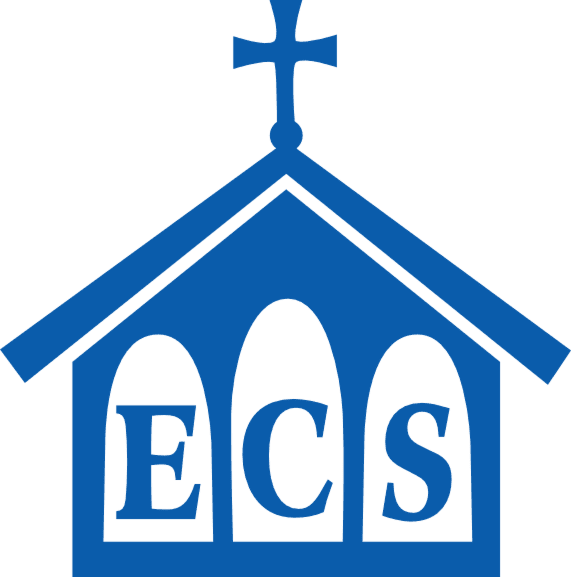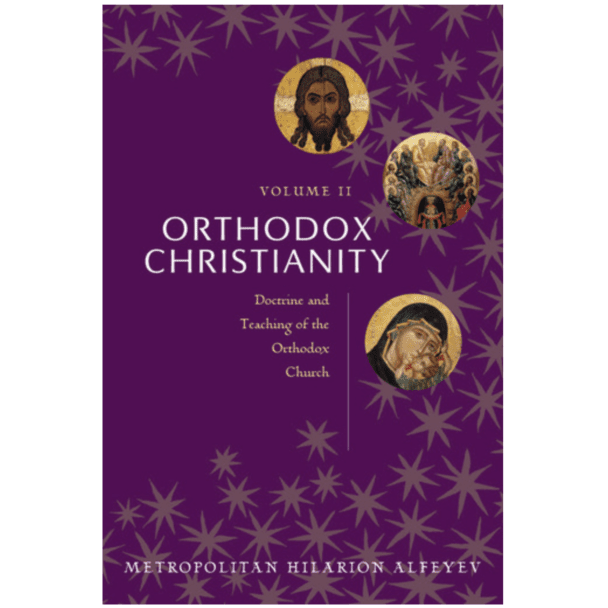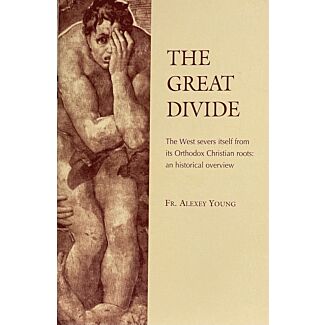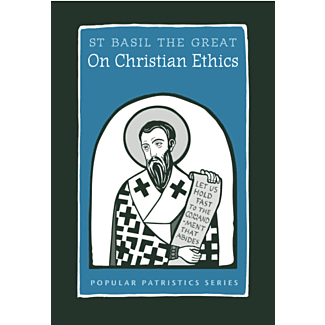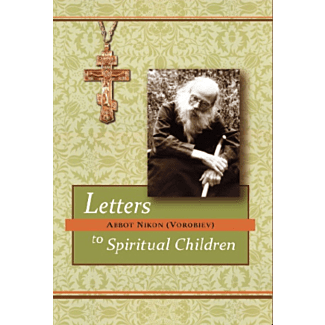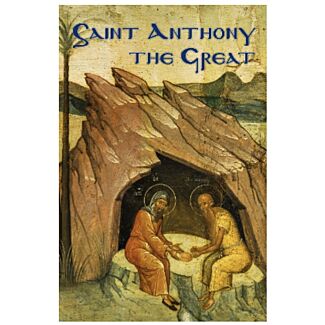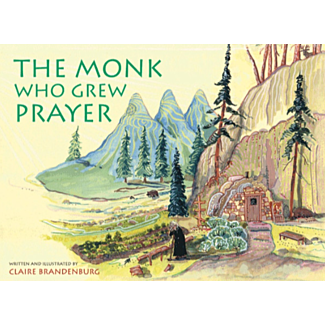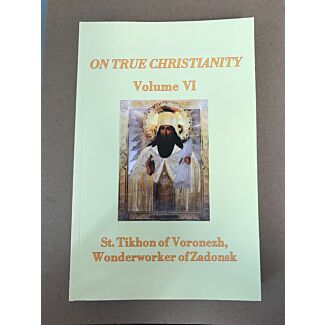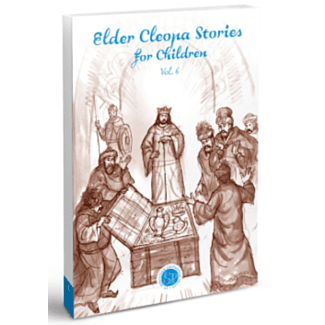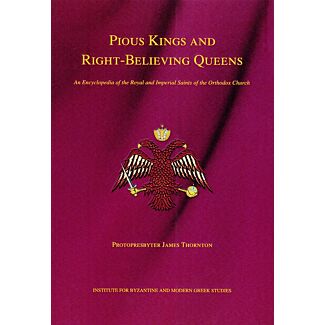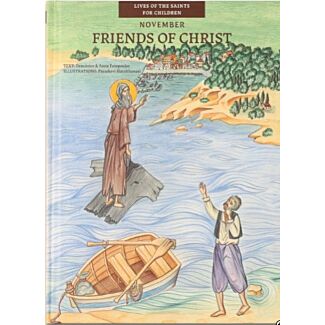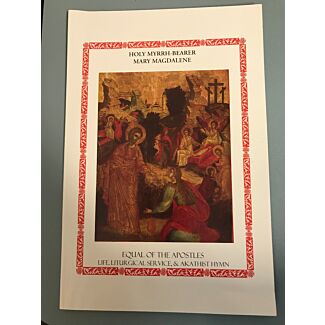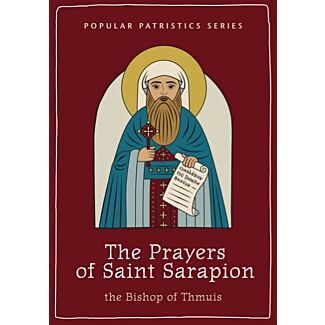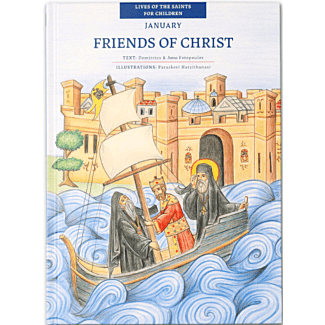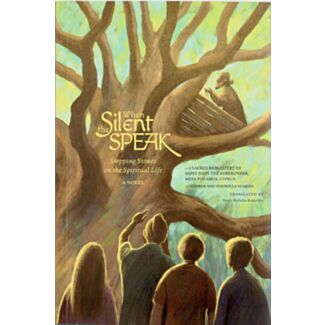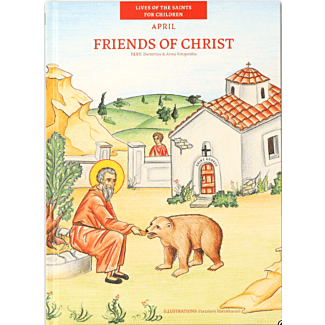This is the second volume of a detailed and systematic exposition of the history, canonical structure, doctrine, moral and social teaching, liturgical services, and spiritual life of the Orthodox Church.
The basic idea of this work is to present Orthodox Christianity as an integrated theological and liturgical system—a world view. In this system all elements are interconnected: theology is based on liturgical experience, and the basic characteristics of church art—including icons, singing, and architecture—are shaped by theology and the liturgy. Theology and the services, in their turn, influence the ascetic practice and the personal piety of each Christian. They shape the moral and social teaching of the Church as well as its relation to other Christian confessions, non-Christian religions, and the secular world.
Orthodoxy is traditional and even conservative (we use this term in a positive sense, to emphasize Orthodoxy’s reverence to church tradition). The contemporary life of the Orthodox Church is based on its historical experience. Orthodoxy is historic in its very essence: it is deeply rooted in history, which is why it is impossible to understand the uniqueness of the Orthodox Church—its dogmatic teaching and canonical structure, its liturgical system and social doctrine—outside of a historical context. Thus, the reference to history, to the sources, will be one of the organizing principles of this book.
This book covers a wide range of themes relating to the history and contemporary life of the Orthodox Church. It contains many quotations form works of the church fathers, liturgical and historical sources, and works of contemporary theologians. Nevertheless, we do not claim to give an exhaustive account of the subjects discussed: this books neither an encyclopedia, a dictionary, nor a reference work. It is rather an attempt to understand Orthodoxy in all its diversity, in its historical and contemporary existence—an understanding through the prism of the author’s personal perception.


